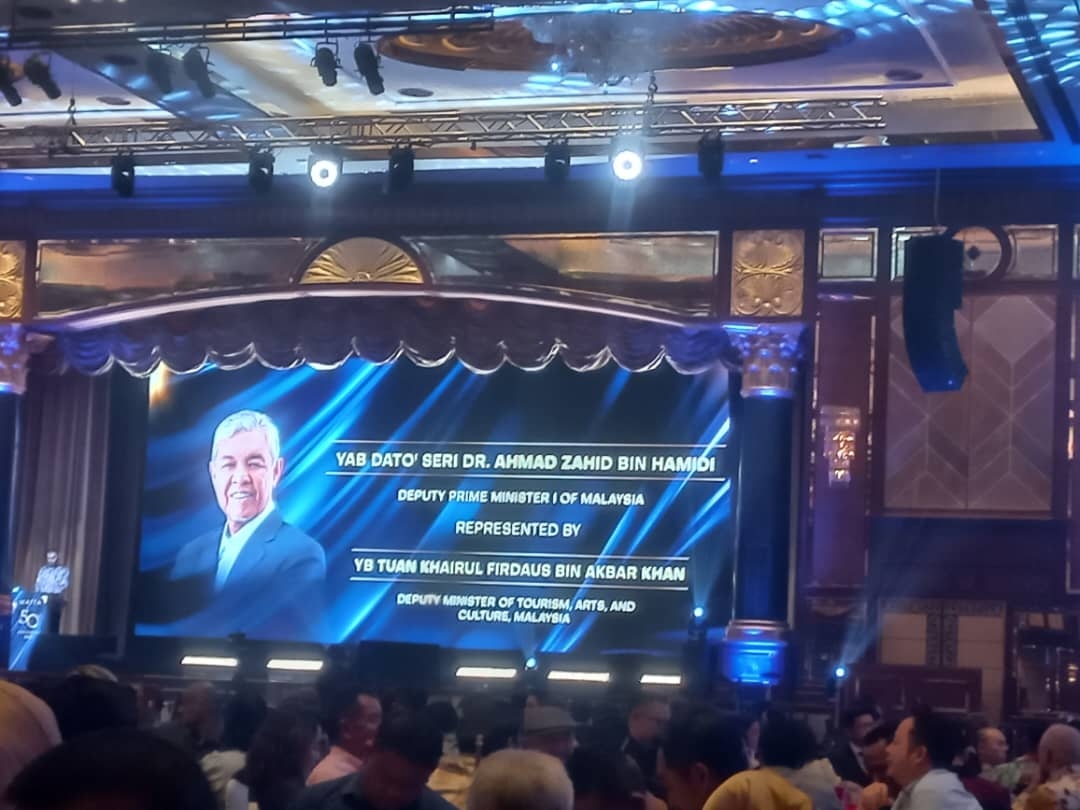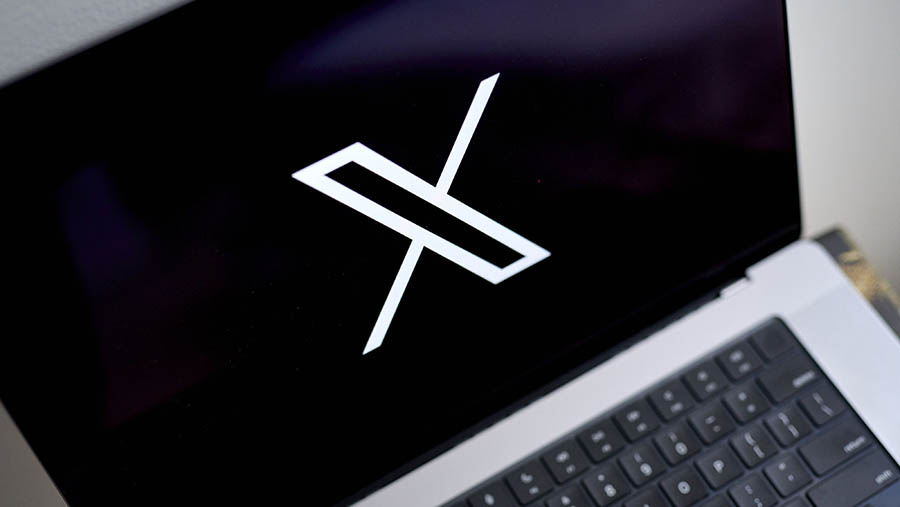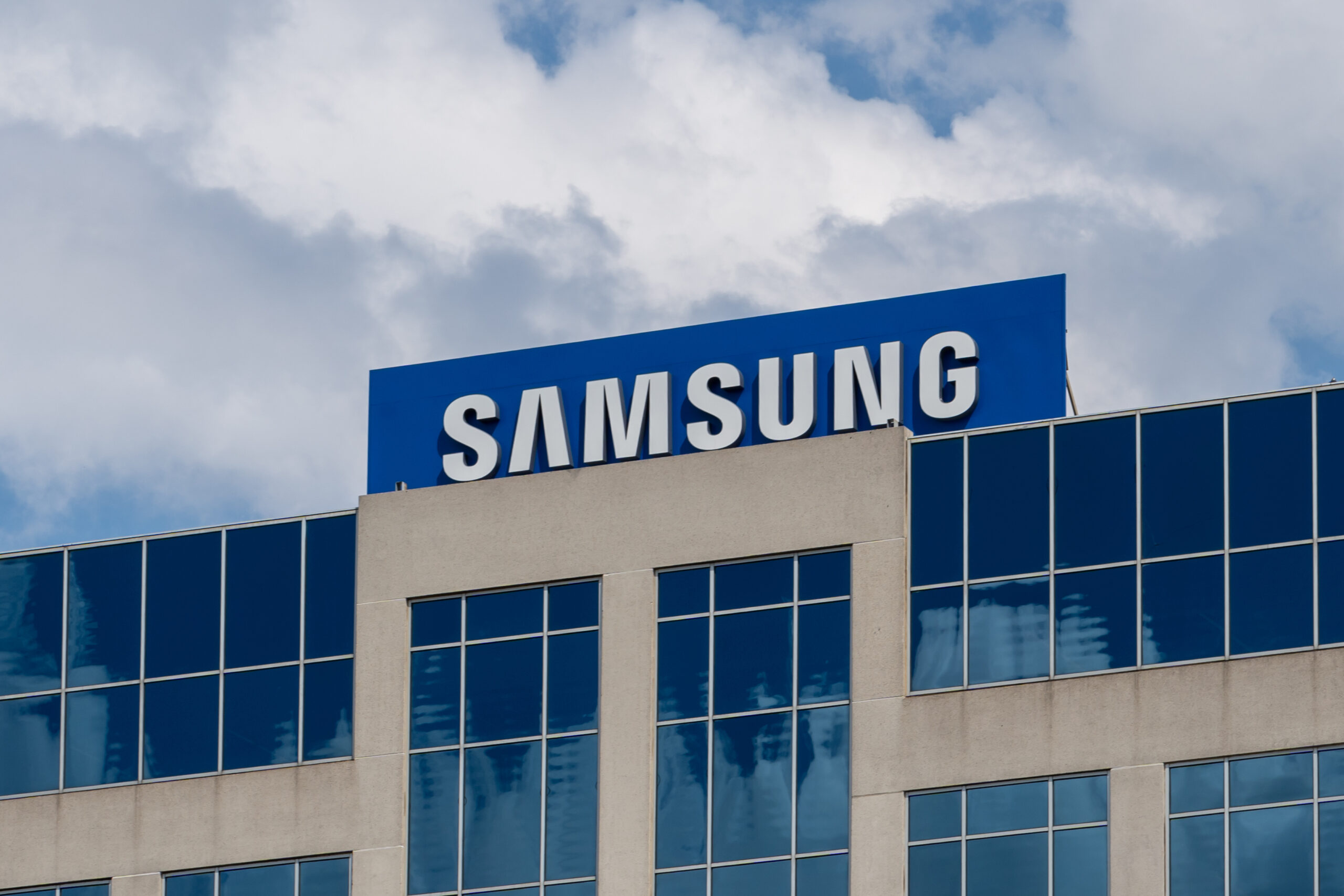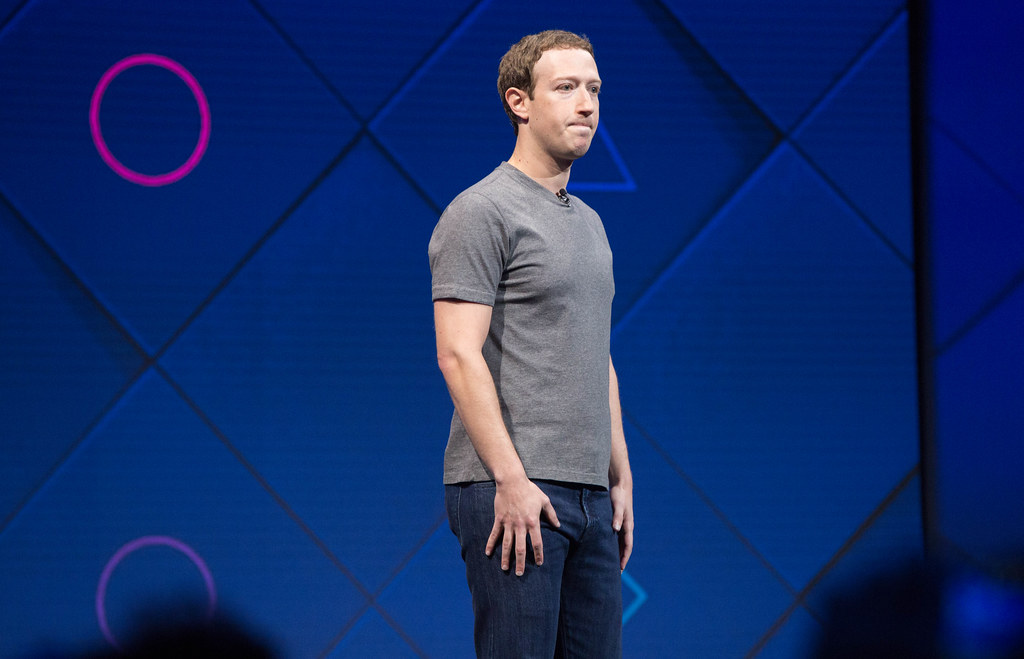Samsung Electronics has delayed receiving deliveries of ASML’s chipmaking equipment for its new $17 billion factory in Taylor, Texas, as it faces challenges securing major customers for the project, according to sources familiar with the matter. This postponement affects the advanced extreme ultraviolet (EUV) lithography machines that are crucial for manufacturing high-end chips. While deliveries were scheduled earlier this year, they have not yet been shipped, according to two sources. This delay has also led Samsung to hold off on placing orders with other suppliers, forcing some staff to return home.
The Taylor factory is a key part of Samsung Chairman Jay Y. Lee’s strategy to diversify beyond memory chips and compete in the contract chip manufacturing market, which is dominated by Taiwan’s TSMC. However, this setback highlights the growing gap between Samsung and rivals like TSMC and SK Hynix, both of which are advancing chip production to meet surging demand from artificial intelligence (AI) applications.
ASML, the Dutch supplier of chipmaking machines, recently reduced its 2025 sales forecast due to weaknesses in markets outside of AI and delays in the construction of new fabs. While ASML did not name specific clients, it’s confirmed that Samsung has pushed back the receipt of some equipment for the Taylor plant. The EUV machines involved are priced at around $200 million each and are critical for producing advanced chips used in smartphones and AI servers. It remains unclear how many of these machines Samsung has ordered or the terms of the deal.
Samsung has already pushed back the start of production at the Taylor plant from 2024 to 2026. While the company stated there has been no further change to its timeline, analysts expressed concerns about potential additional delays, with some warning of the risk of asset write-offs if the company fails to secure significant clients.
In South Korea, Samsung is also struggling with production issues in its foundry business, particularly with its 3-nanometer chips. These difficulties, along with the delays in Taylor, have affected the company’s broader expansion plans, including a slowdown in investments for new chip lines in Pyeongtaek, South Korea. Reflecting these challenges, ASML’s sales to South Korea dropped by one-third in the third quarter, down to 889 million euros.
Samsung’s market share in the foundry business has slipped in recent years, falling to 11% by the first quarter of 2024, compared to TSMC’s 61.7%, according to data from Statista. Despite its efforts, Samsung has struggled to attract major clients like Apple and Nvidia away from TSMC. Meanwhile, SK Hynix has overtaken Samsung in the memory chip market, becoming the dominant supplier of high-bandwidth memory chips for Nvidia’s AI chipsets.
ASML’s CEO Christophe Fouquet acknowledged the company’s difficulties this week, attributing its weaker outlook to a slower-than-expected recovery in the mobile and PC markets, with AI demand being one of the few bright spots.











